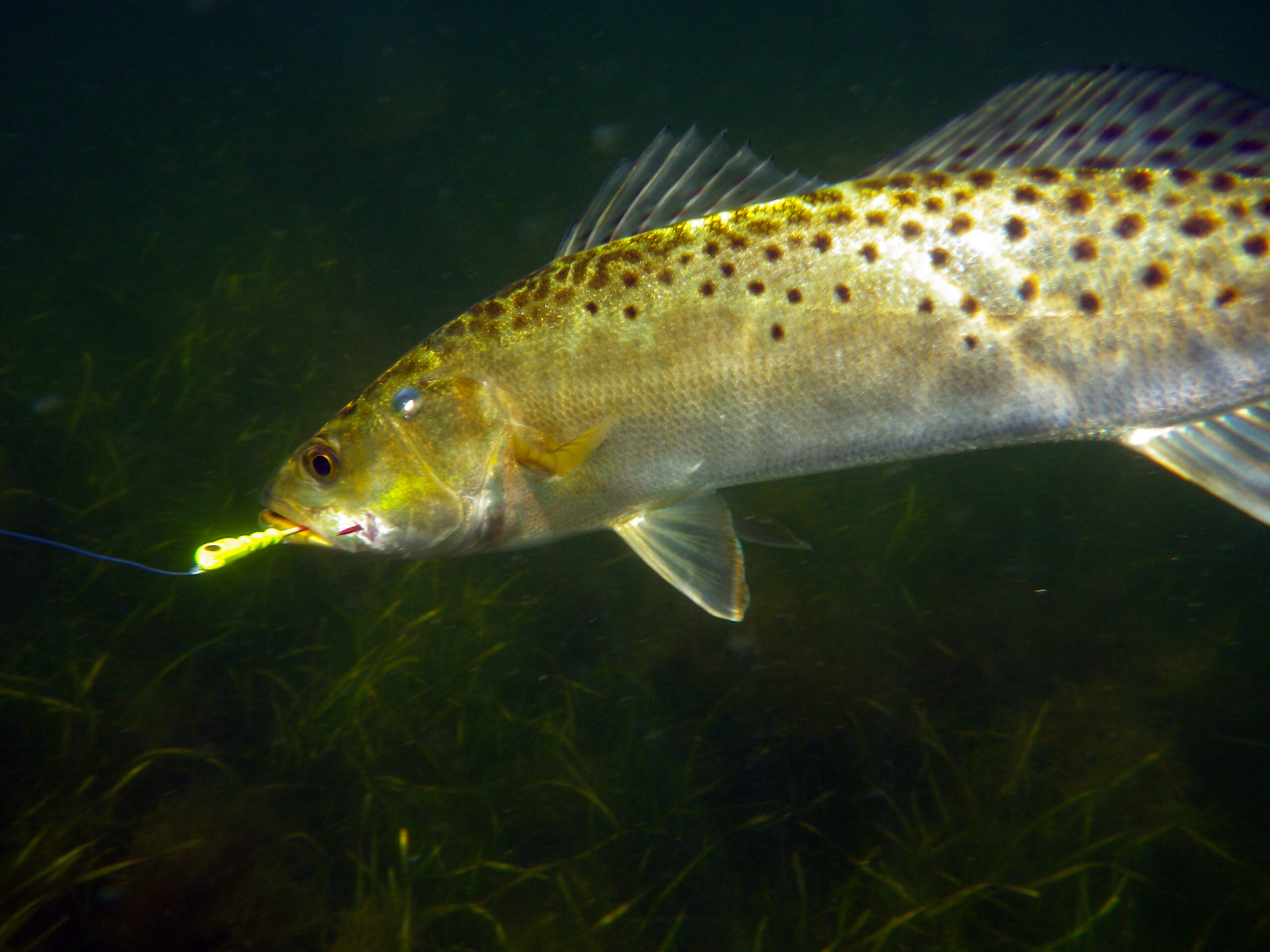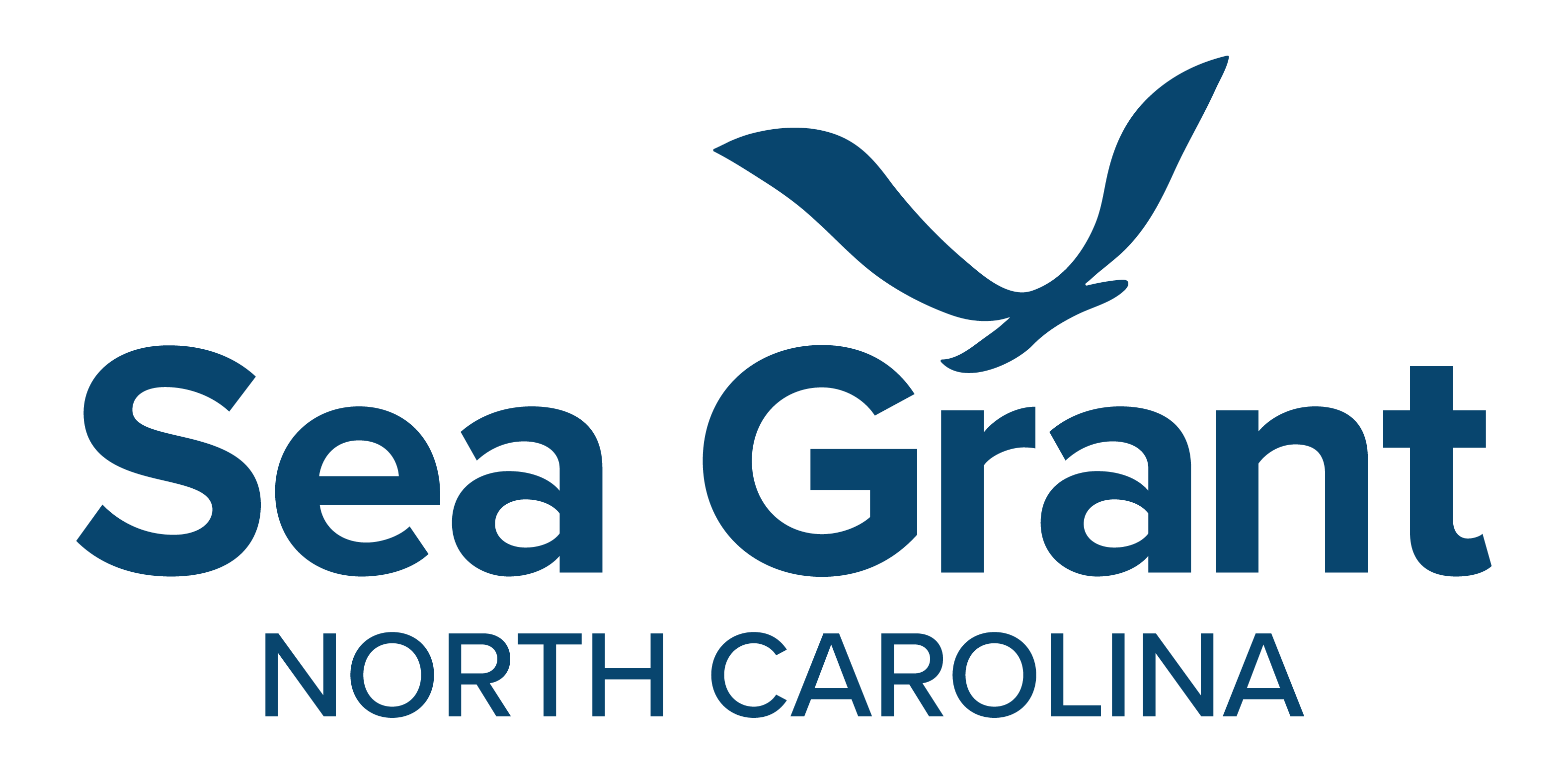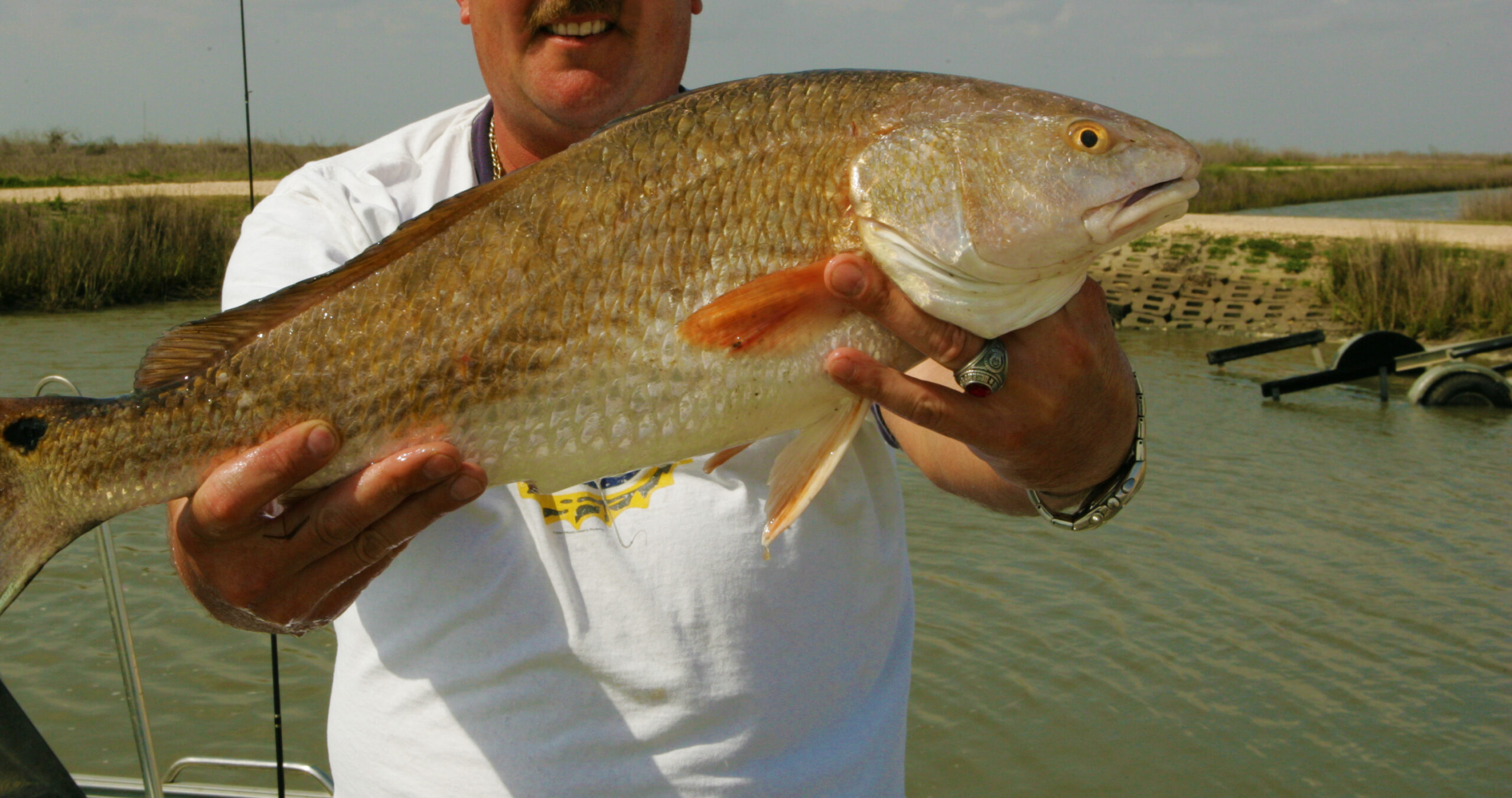Are You Ready to Go to Fishery Science School?

North Carolina Sea Grant’s online evening class series will provide all the fundamentals on the science behind fisheries management.
It’s wintertime — so instead of daydreaming about fishing this spring, why not pull up a chair and participate in our online fisheries science class on Tuesday nights? Starting February 22, our panel of marine fisheries experts will explain in simple terms how fisheries science works and why fisheries managers make the decisions they make.
Unlike real school, there are no homework assignments or grades to worry about.
Research Need
In a 2017 survey with North Carolina saltwater anglers, we learned that a great many folks were interested in the science behind marine fisheries management. Not just how the results of individual research projects turned out, but how all the fisheries science and data fit together.
For example:
- Why manage some species differently than others?
- What data goes into a stock assessment (and what doesn’t)?
- How do changes in habitat, water quality, and climate impact North Carolina fisheries?
- What role do license holders play in the fisheries management process?
Education for All
The class series will begin February 22, 2022 at 6:30 PM.
This is our fourth year offering this course. Most classes feature two presenters who each speak for about 30-45 minutes. The remainder of class time is devoted to question and answer.
The entire class series will be held online via Zoom with live speakers.
The intent of the course has always been to provide recreational and commercial fishers — as well as anyone else interested — with a basic understanding of marine fisheries science by using examples specific to North Carolina.
After attending last year’s course, 96% of respondents were pleased with their participation in the program.
Should You Attend This Course?
My advice: Don’t listen to us. Read what last years’ participants said about the course:
“I think it was highly beneficial to hear from a diversity of scientists and fisheries managers in the area. Providing an environment for people without a background in fisheries science to talk to scientists and managers about how and why policies are created helps facilitate understanding.”
“I wanted to learn how fisheries managers supported the decisions they make or the recommendations that they propose. My expectations were entirely met.”
“(I hoped) to have a better understanding of the management process, basic science behind it and terminology…absolutely met expectations!”
“You exceeded my expectations. I have friends who are serious sport fishermen. When they question regulations, I can now give some answers.”
If you’re naturally curious about the world of fisheries science or the science behind North Carolina marine fisheries management, then I think you would enjoy this course.
Cost: only $20.
Summary by Scott Baker
Lead photo: spotted seatrout. Credit: FFW via CC BY-ND 2.0, CreativeCommons.org.
The text from Hook, Line & Science is available to reprint and republish at no cost, but only in its entirety and with this attribution: Hook, Line & Science, courtesy of Scott Baker and Sara Mirabilio, North Carolina Sea Grant.
- Categories:



